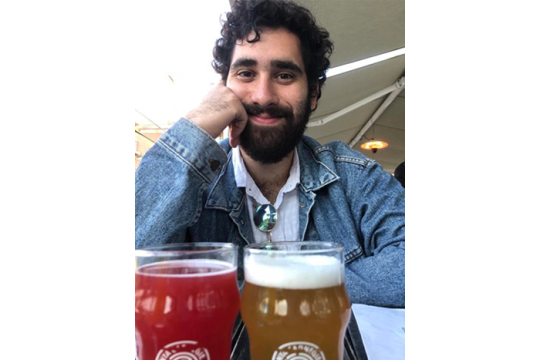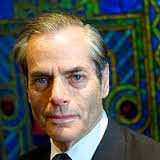Working with Germans to Create a Better Future
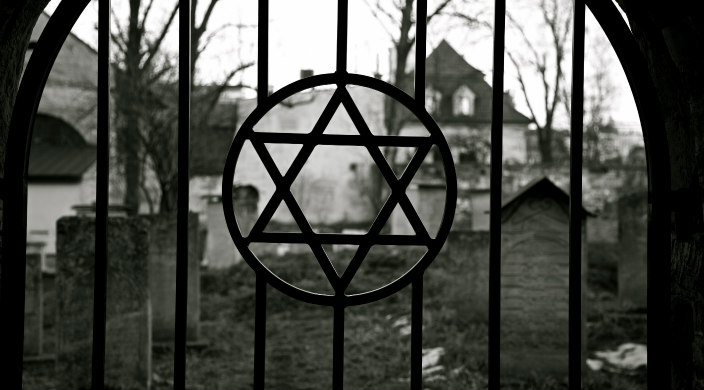
My wife Vickie and I are spending several weeks in Germany as we have for the past three years, teaching and speaking to various groups of students and religious leaders. Among the highlights of this year’s visit was an opportunity to address Lutheran pastors at a regional convention at the Christian Jensen College in the North Sea village of Breklum. The topic I addressed was the concept of “memory” in Jewish thought and its connection to a Jewish theology after Auschwitz.
Arriving at the room where I was to speak, I was pleased to be so warmly greeted by two pastors at whose churches I had spoken in the past: Martina Dittkrist from Kaltenkirchen and Anke Wolf-Steger from Schulensee. Seeing them and feeling their joy at our being together again brought to mind wonderful memories of how they had welcomed Vickie and me to their communities and to their homes on previous visits.
At the outset of my talk to the pastors, I stressed that although they may not have heard a rabbi speak to them before, my remarks did not represent “the official Jewish position.” Rather, I was offering my personal perspective on the importance of memory, particularly as awareness of the horrors of the Holocaust recede and the number of eyewitnesses rapidly diminishes. My one-hour presentation went well in large measure because I spent much of the afternoon listening and listening deeply to pastors’ struggles (and those of their families and parishioners) with memories of what they and others were doing during the Hitler years.
One of the pastors, for example, told me that one of her grandparents was an active Nazi, and another left the country in 1933 when Hitler came to power. Others spoke of coming from families in which the subject of the Holocaust was never mentioned or discussed, which is what happened in my family. I shared with them that my father was arrested on Kristallnacht, but I didn’t even know what Kristallnacht was until I was a first-year rabbinic student at Hebrew Union College-Jewish Institute of Religion and one of my professors spoke about his grandfather’s experience that night.
“How did you feel,” the pastors asked, “when you found out your father was arrested on Kristallnacht?”
“Shocked and amazed,” was my response, which matched many of their feelings upon learning about parents’ and grandparents’ activities during World War II. Their palpable anguish about what they have discovered in their family histories – and what remains hidden from them – affected me deeply.
They also wanted to know how I, as a Jew, could believe in God after the Shoah.
Although I might feel differently had I lived through the horrors, I believe the Holocaust is a societal problem not a theological one. As the biblical story of Cain and Abel makes abundantly clear, God does not direct our actions – good or evil – nor does the Divine stop us from acting in good or evil ways. Instead, as we read in the Torah on Yom Kippur morning, God charges us to choose life and good, but does not compel us to do so.
Lastly, the pastors questioned why God allows other kinds of evil.
Knowing that several of them are hospital chaplains, I said I would never try to explain to parents why God lets children die, noting that Rabbi Harold Kushner’s answer in his book, When Bad Things Happen to Good People, that God is good, but has limited power, doesn’t satisfy me. Instead, I revert to God’s final answer to Job, accepting instead that there is much about God that will always remain a mystery.
I pray that my answers – urging them to continue to struggle with these questions and to use memory as a lesson – were constructive, valuable, and meaningful. Most important, as I always do when speaking to groups in Germany, I beseech them: “Wir können die Vergangenheit nicht ungeschehen machen, aber wir können gemeinsam an einer besseren Zukunft arbeiten.” We cannot undo the past, but we can work together to shape a better future.
Related Posts
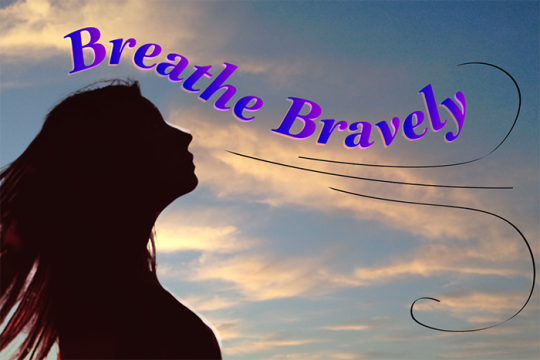
Breathe Bravely
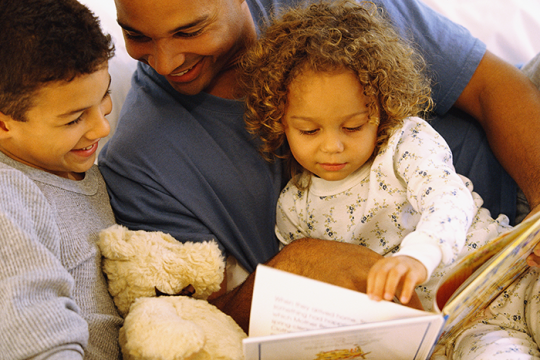
The Importance of Storytelling
